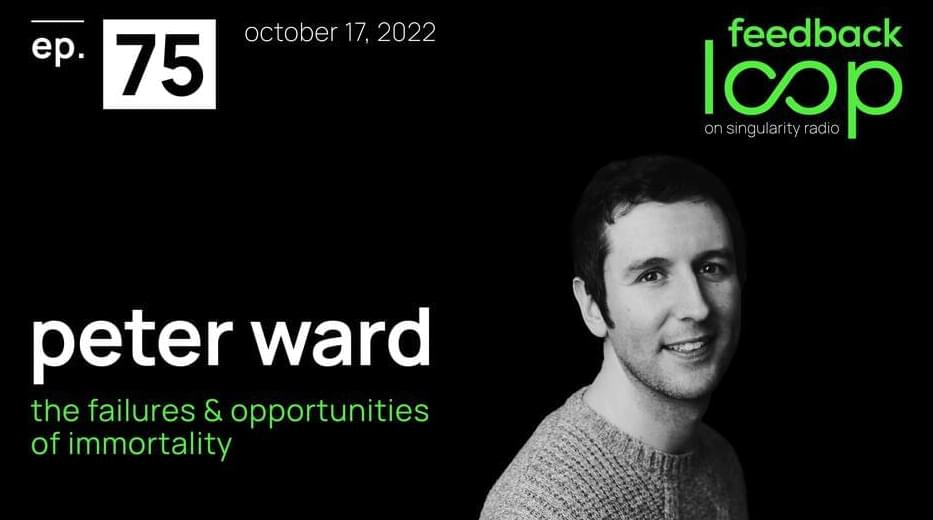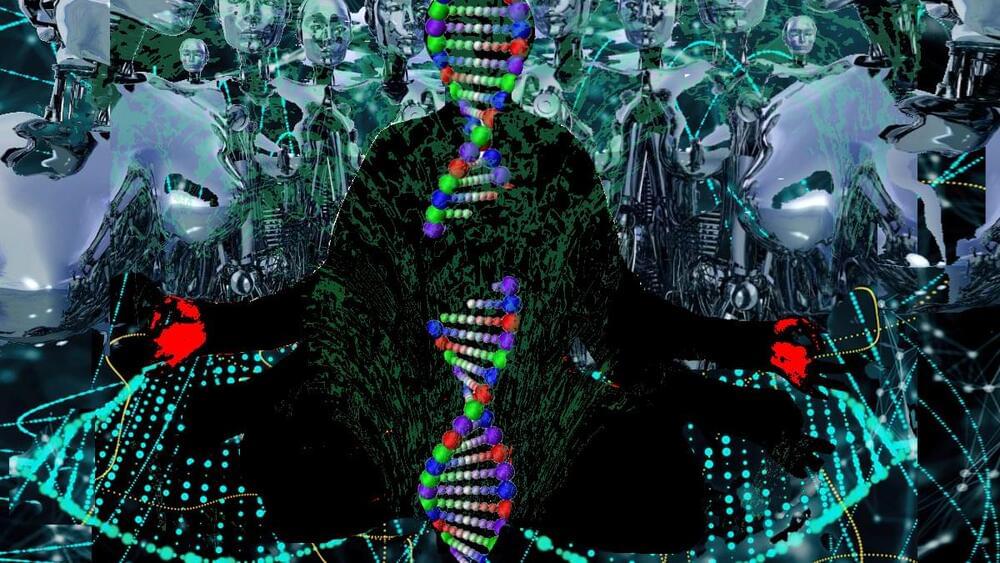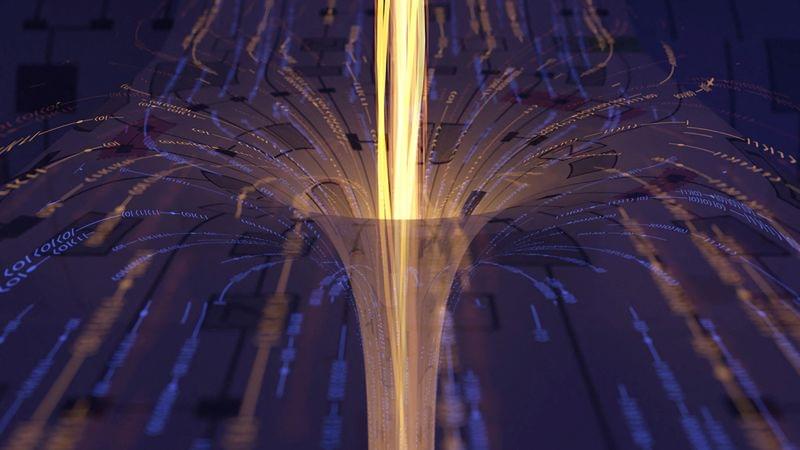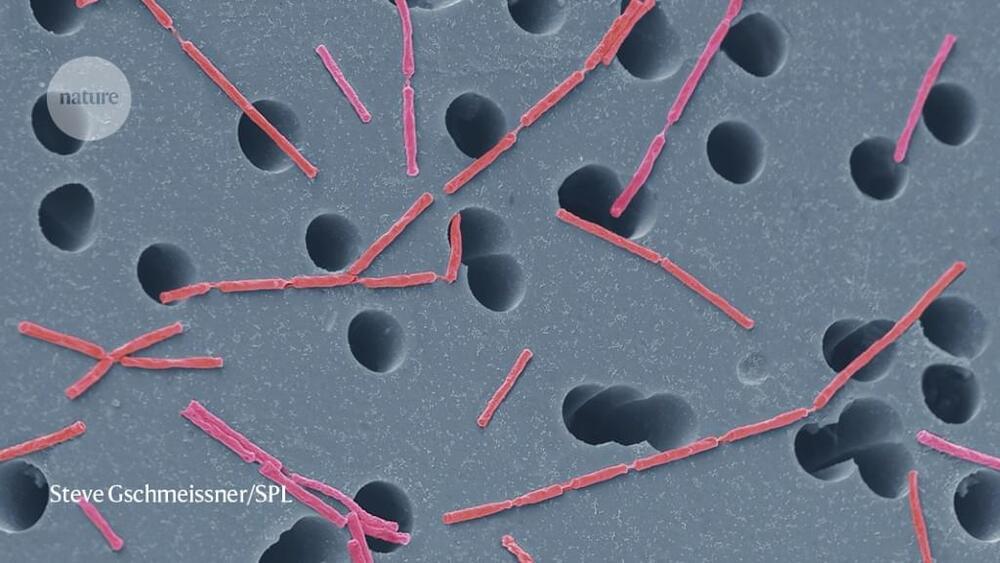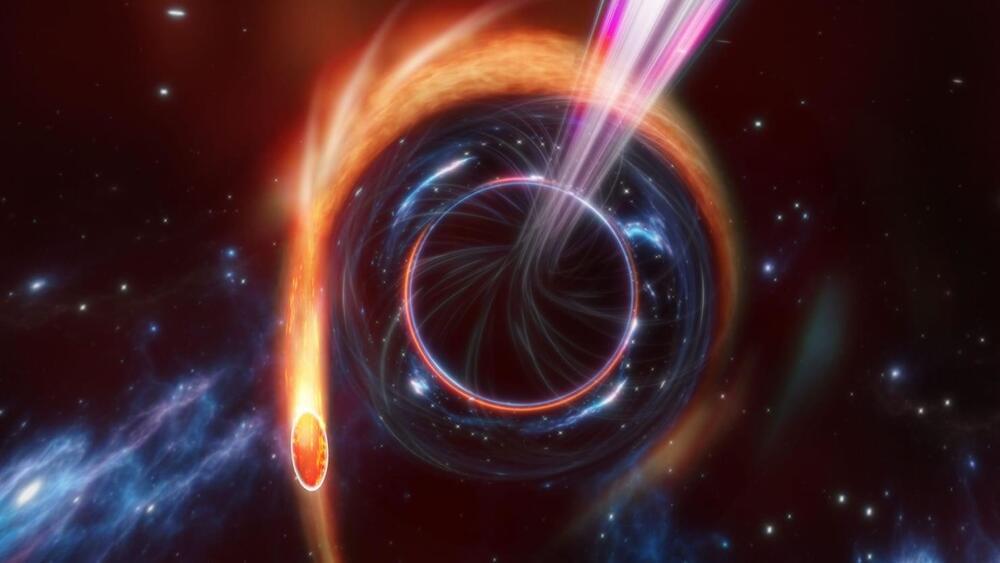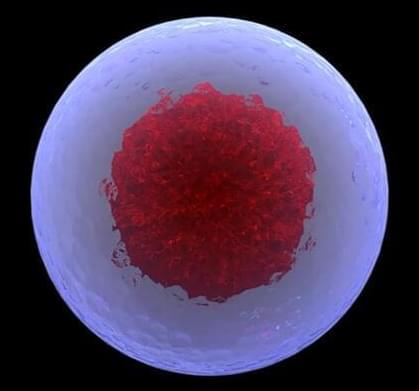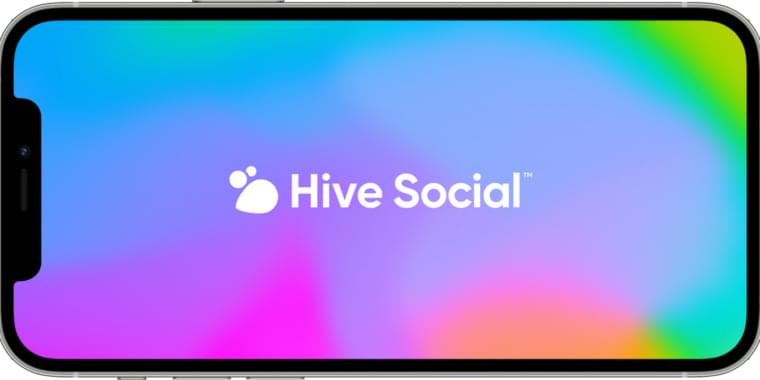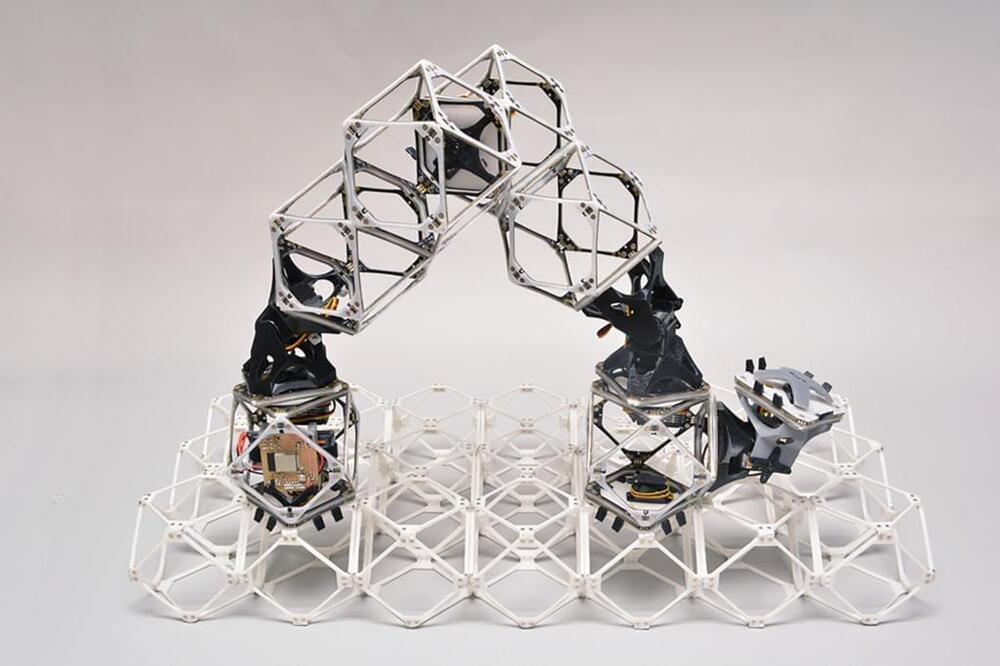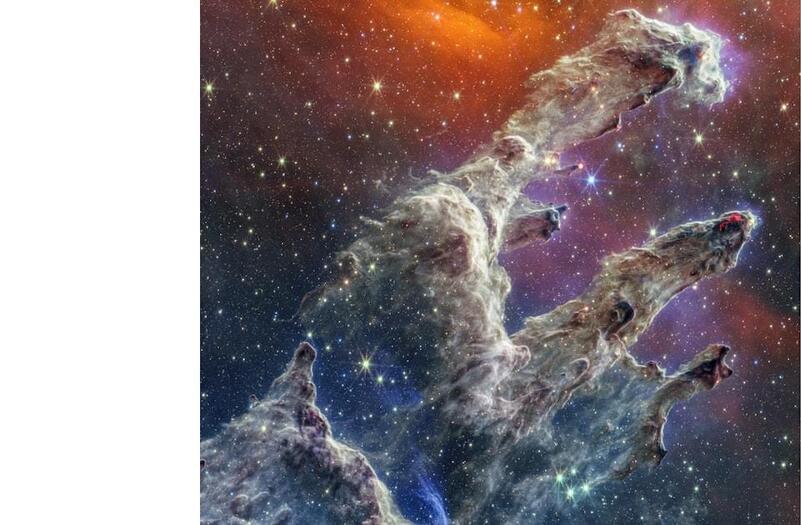Steven Parton [00:00:37] Hello everyone. My name is Steven Parton and you are listening to the feedback loop on Singularity Radio. This week our guest is business and technology reporter Peter Ward. Earlier this year, Peter released his book The Price of Immortality The Race to Live Forever, where he investigates the many movements and organizations that are seeking to increase the human lifespan from the Church of Perpetual Life in Florida to some of the biggest tech giants in Silicon Valley. In this episode, we explore Peter’s findings, which takes us on a tour from cryogenics to mind uploading from supplements to gene editing and much more. Along the way, we discuss the details of how one might actually achieve immortality, talking about senescent cells and telomeres. Discussing whether it’s better to live healthy than to live long. We also discuss the scams and failures that seem to dominate the longevity space, as well as the efforts that seem the most promising. And now, since we’re on the topic of discussing how precious life is, are waste no more of your precious time? So everyone, please welcome to the feedback loop. Peter Ward. Well then, Peter, thanks for joining me. I think the best place to start is in April of this year. You released a book called The Price of Immortality The Race to Live Forever and where I love to start with anyone who’s written a book is just hearing about your motivations for the book. Why did you decide that this was a topic worth exploring?
Dreaming about Immortality has a long history, almost as long as the failed quests to achieve it. And during all these years and years, the solutions for achieving immortality can fall in several categories. The first is to take some kind of “magic pill” – be it the fountain of youth, the elixir of life, the holy grail, till modern medicine of genetic engineering. After the magic “pills” proved to be a failure, the second attempt was through more creative endeavours, such as building a monastery, a temple, making a sculpture or painting, till nowadays when we talk about digital immortality and I guess soon about virtual immortality. And, of course, there were always the “party-spoilers”, the ones asking: why to be Immortal?
Humanity has changed in many ways, but the hope of the dream of Immortality remained and generation after generation, trying to find it in different ways or forms. So, keep with us as we travel alongside the deepest human dream, to see all (the failed) trials.
Sign up for CNN’s Wonder Theory science newsletter. Explore the universe with news on fascinating discoveries, scientific advancements and more.
In science fiction – think films and TV like “Interstellar” and “Star Trek” – wormholes in the cosmos serve as portals through space and time for spacecraft to traverse unimaginable distances with ease. If only it were that simple.
Scientists have long pursued a deeper understanding of wormholes and now appear to be making progress. Researchers announced on Wednesday that they forged two minuscule simulated black holes – those extraordinarily dense celestial objects with gravity so powerful that not even light can escape – in a quantum computer and transmitted a message between them through what amounted to a tunnel in space-time.
Science funders must remember the value of addressing the intrinsic biological questions that help to explain the natural world.
A new mechanism that enables bacteria to form resistance to antibiotics has been discovered in a recent study conducted by researchers in Perth, Australia. In a process currently undetectable using traditional laboratory testing methods, the team observed the bacteria group A Streptococcus – the cause of strep throat – absorbing nutrients from the host organism that, in turn, enable them to bypass antibiotic treatment.
For bacteria to grow and multiply, they produce folates. Bacteriostatic antibiotics work to stop the bacteria’s ability to produce these folates, thus disabling their ability to multiply. The group A Streptococcus bacteria observed in the study, however, were seen to be using folates from the host when their own folate production was inhibited, causing a resistance to treatment from bacteriostatic antibiotics and likely making any infection worse.
The human body cannot become resistant to antimicrobial treatments. Rather, antimicrobial resistance (AMR) refers to bacteria or fungi’s resistance to antibiotics or antifungals, respectively. AMR is thought to pose a serious and rapidly growing threat to society.
New smart stem cells show a promising power to heal.
Researchers have reprogrammed human fat cells into adaptive smart stem cells that can lie dormant in the body until they are needed to heal various tissues. They demonstrated the cells’ effectiveness at healing damaged tissue in a mouse study.
To create the smart stem cells, the team from UNSW Sydney exposed human fat cells to a compound mixture. After about three and a half weeks, the cells lost their original identity and began acting like stem cells, or iMS (induced multipotent stem cells).
Hive Social, a social media platform that has seen meteoric growth since Elon Musk took over Twitter, abruptly shut down its service on Wednesday after a security advisory warned the site was riddled with vulnerabilities that exposed all data stored in user accounts.
“The issues we reported allow any attacker to access all data, including private posts, private messages, shared media and even deleted direct messages,” the advisory, published on Wednesday by Berlin-based security collective Zerforschung, claimed. “This also includes private email addresses and phone numbers entered during login.”
The post went on to say that after the researchers privately reported the vulnerabilities last Saturday, many of the flaws they reported remained unpatched. They headlined their post “Warning: do not use Hive Social.”
Massachusetts Institute of Technology (MIT) researchers are building swarms of tiny robots that have built-in intelligence, allowing them to build structures, vehicles, or even larger versions of themselves.
The subunit of the robot, which is being developed at MIT’s Center for Bits and Atoms, is called a voxel and is capable of carrying power and data.
“When we’re building these structures, you have to build in intelligence,” MIT Professor and CBA Director Neil Gershenfeld said in a statement. “What emerged was the idea of structural electronics — of making voxels that transmit power and data as well as force.”
Astronomers love colors. A new “Pillars of Creation” image makes science very pretty.
Data from two instruments onboard the James Webb Space Telescope (JWST) are revealing the famous “Pillars of Creation” in a new way.
